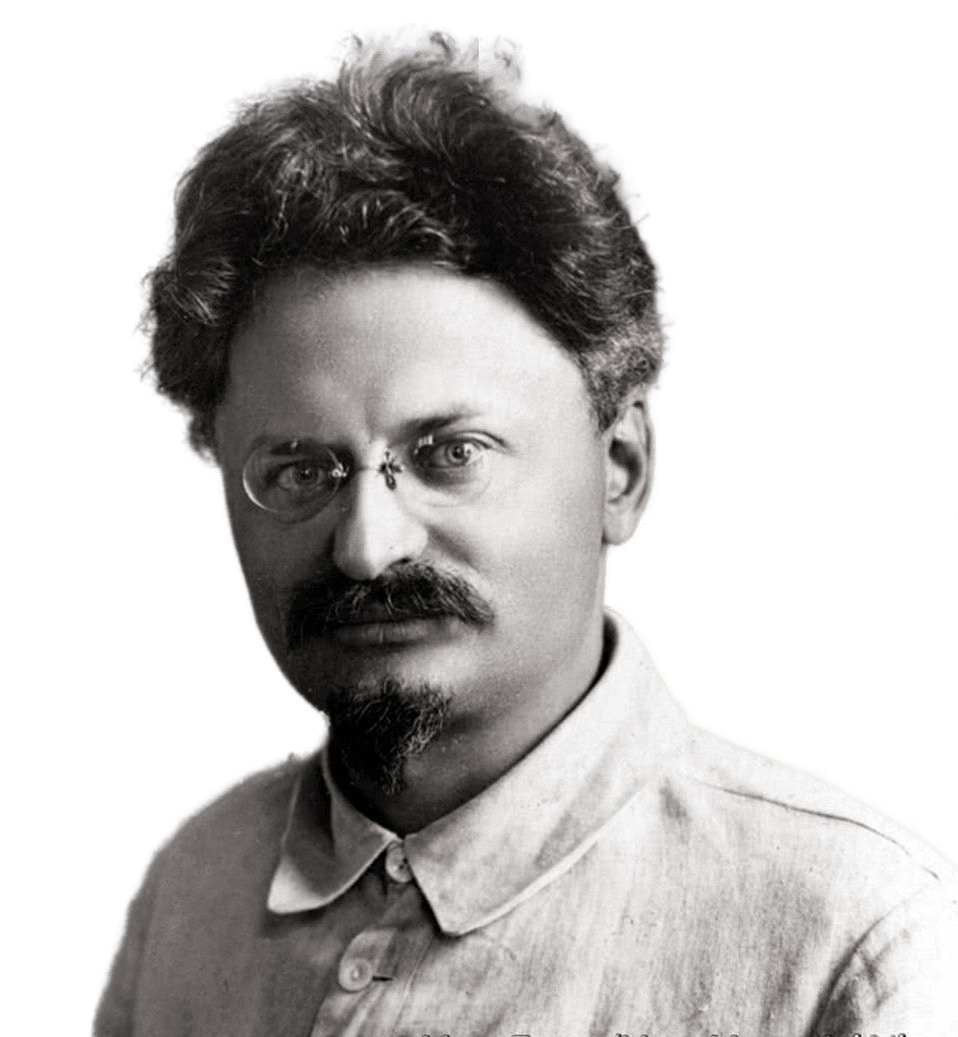
10.01.2023
When I was born, my parents’ family already knew exuberance. But it was the rugged exuberance of people rising up from want and not wanting to stop halfway.
All muscles were flexed, all thoughts were focused on labor and accumulation. Children had a modest place in this household. We did not know want, but we did not know the bounty of life, its caresses. My my childhood does not appear to me as a sunny glade, as a small minority, nor a dark cave of hunger, violence, and resentment, as the childhood of many, as the childhood of of the majority. It was a grayish childhood in a petty bourgeois family, in the countryside, in a remote corner, where nature is wide, but mores, views, interests are meager and narrow.
The spiritual atmosphere that surrounded my early years, and the one in which my later conscious life are two different worlds, separated from each other not only by not only by decades and countries, but also by mountain ranges and less visible, but for the individual, no less significant inner collapses. In the first draft of this memoir, it seemed to me it seemed to me, more than once, as if I were not describing my own childhood, but as if I were describing not a childhood, but an old journey through a distant country. I even tried to tell the story of myself in the third person. But this conventional form too easily lapses into fiction, i.e. something I wanted to avoid in the first place.
Despite the contradiction of the two worlds, the unity of personality passes in some implicit ways from one to the other. This explains, generally speaking, the interest in biographies and autobiographies of people who, for one reason or another, have been.
This explains, generally speaking, the interest in biographies and autobiographies of people who, for one reason or another, have taken a somewhat larger place in society.
We lived in the same dugout cottage that built by the old colonel. The roof was thatched, with countless sparrows’ nests in the cove. The walls were deeply cracked on the outside, and in and these cracks were infested with hornets. They were sometimes mistaken for vipers, poured hot water from a samovar into the cracks, but but to no avail. Low ceilings leaked during heavy rains, especially in the hall: Cups and basins. The rooms were small, the windows were blinking.


the two bedrooms and the nursery had clay floors and bred fleas. In the dining room, the floor was boarded up and once a week and once a week they rubbed it with yellow sand. But in the main room, which was eight paces long and was ceremonially called the hall, the floor was painted. The colonel was stationed there. In the front garden around the house grew bushes of yellow acacia, bushes of yellow acacia and white and red roses grew in the front garden around the house, and in summer twisted panicles.
The yard was not fenced at all. A large earthen building. The courtyard was not fenced off at all. The large clay tiled building, which my father had already built, consisted of a workshop, a kitchen, and a staff room. The “small” wooden barn, followed by the “big” wooden barn, then the “new” barn – all under the reeds.
The barns were raised on stones to keep the water from leaking and the grain from getting stale. Dogs, pigs and poultry were sheltered under them in heat and cold. The chickens found a hiding place to lay their eggs. More than once I’ve retrieved. I have more than once retrieved chicken eggs by crawling across the rocks on my belly:
It was impossible for an adult to get through. Storks breed on the roof of the big barn every year. Raising their red beaks to the. The storks raise their red beaks to the sky and swallow the urchins and frogs. The body of the stork wriggles out of its beak, and it seems as if the snake is eating the stork from the inside.




